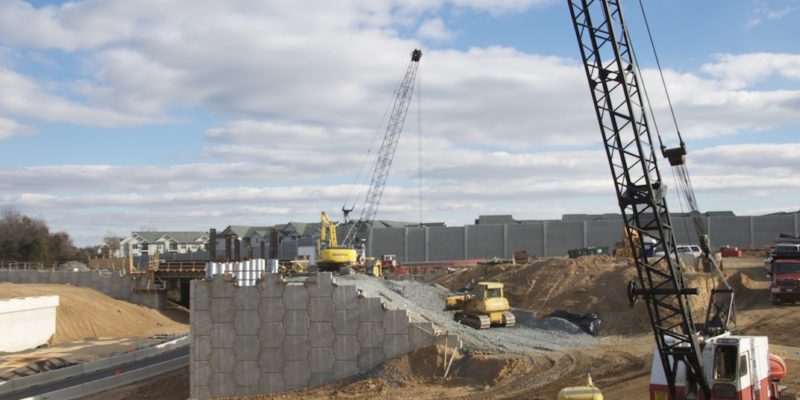DETROIT — U.S. Department of Labor investigations have resulted in over $415,000 in back wages for more than 90 employees performing construction work on the federally funded Palmer Park Square affordable housing in Detroit. The investigations, conducted by the department’s Wage and Hour Division, were part of a multiyear strategic enforcement initiative aimed at combating widespread labor violations on federally funded construction projects in the Detroit area, such as affordable housing construction projects funded by the U.S. Department of Housing and Urban Development.
The investigations found that Malino Construction and several project subcontractors violated provisions of the Davis-Bacon and Related Acts, the Contract Work Hours and Safety Standards Act and the Fair Labor Standards Act. The companies failed to pay prevailing wages, fringe benefits and overtime to construction workers on the project, failed to keep accurate time and payroll records for employees, and provided falsified, certified payroll records to the government.
Due to the extent and willful nature of the violations, Detroit-based Malino Construction, the prime contractor on the project, has been debarred from bidding on federal contracts for up to three years




